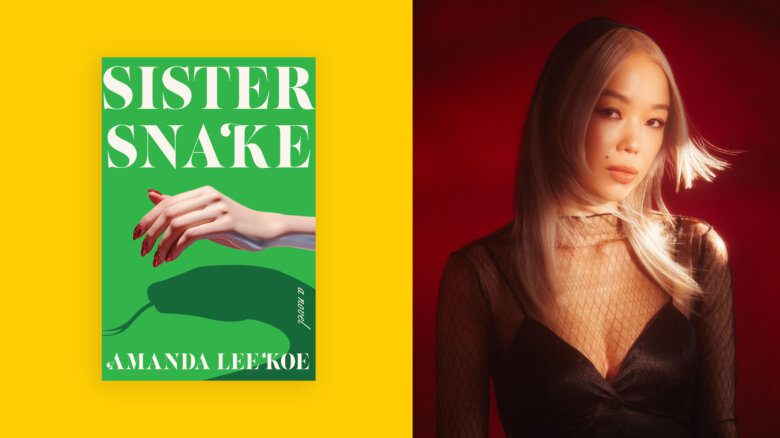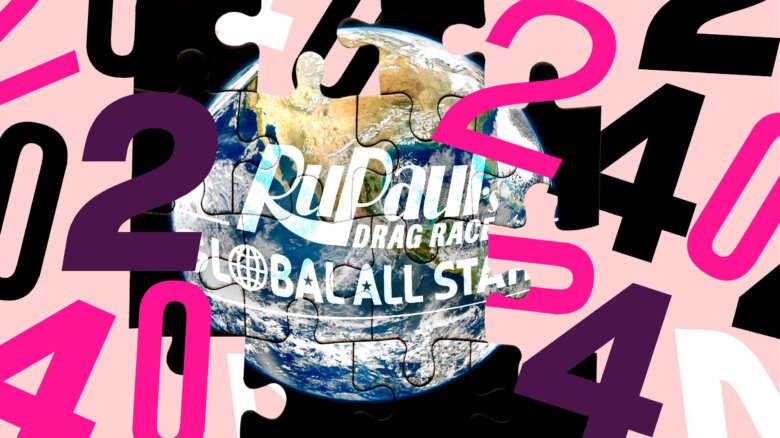Attention:
Matthew Teitelbaum, CEO, Art Gallery of Ontario
Grant Troop, CEO, National Ballet School of Canada
Alexander Neef, general director, Canadian Opera Company
Denise Herrera-Jackson, CEO, Scotiabank Caribbean Carnival
Alexandra Montgomery, executive director, Gardiner Museum
Kevin Garland, executive director, National Ballet of Canada
Janice Price, CEO, Luminato
Michèle Maheux, executive director, Toronto International Film Festival
Andrew R Shaw, CEO, Toronto Symphony Orchestra
Dear friends and lovers of the arts:
Together with Kevin Beaulieu, Pride Toronto executive director, you comprise the most senior people at those 10 cultural organizations that receive money from the City of Toronto. In 2012 the city gave you a rather paltry total of $6,030,960. Pride Toronto received the least ($123,807), and the Canadian Opera Company received the most ($1,317,015).
I write today with a word of caution and a request for help. City executives made a disconcerting decision Sept 10 while you were likely busy working. It’s understandable if you missed it — even Mayor Rob Ford skipped the meeting.
Council’s executive committee on Sept 10 asked the city manager to redraft the city’s anti-discrimination policy to include a ban on criticism of Israel. Deputants said the phrase “Israeli apartheid” is hate speech and called for Pride Toronto funding to be cut if the group Queers Against Israeli Apartheid is allowed to participate in future Pride events.
This is despite the fact that last year city manager Joe Pennachetti said QuAIA’s participation in Pride does not violate the city’s anti-discrimination policy, and the group marched in the 2012 Pride parade to little fanfare. Never mind that former American president Jimmy Carter and Desmond Tutu — two Nobel Peace Prize winners — have oft used the word apartheid to describe the situation in the Middle East. Or that Jessica Montell, the executive director of B’Tselem, one of Israel’s most respected human rights organizations, has said, “In some cases, the situation in the West Bank is worse than apartheid in South Africa.”
This is despite the fact — most important, if you ask me — that Toronto City Council has no business making pronouncements about international affairs that it will never have an effect on. (Do councillors have nothing better to worry about? Housing, public transit, gravy!)
Of course, I can hear you yawning. I know most Torontonians are tired of this debate. Unfortunately, the executive committee’s decision matters. It is a restriction of free speech and a chilling warning to you all: at any moment councillors can decide to cut funding because they deem something in one of your festivals, exhibits or shows offensive. Councillor James Pasternak (who won his seat with just 19 percent of the vote) and Councillor David Shiner, a former clothing store owner, have asked the city to go “beyond provincial and federal statutes and legislation.” Council’s executive committee, sadly, voted nine to one in favour of Shiner’s motion.
Deputy city manager Brenda Patterson rightly asked if “Israeli apartheid” is added to the anti-discrimination policy, what next? Meanwhile, Councillor Gord Perks wanted to know why Pride is being targeted. It’s a good question and the reason I’m asking you to speak up. It’s safe to say gay people help keep your institutions afloat — the same gay people who celebrate Pride. We need your help — and you should provide it if for no other reason than you could be next.
For example, Ms Maheux, what if councillors got word that Annemarie Jacir presented her film When I Saw You at this year’s TIFF? Between us, Jacir has openly used the word apartheid to describe the situation in her Palestinian homeland. It’s very possible she used the words “Israeli apartheid” over the last couple weeks while she was in Toronto speaking in an official capacity at TIFF. This could mean your $800,000 in city funds is threatened next year because some Jewish lobbyist is chummy with Councillor Pasternak.
What about the year TIFF screened Atom Egoyan’s Ararat, a film about the Armenian genocide? Imagine if Turkish Torontonians had lobbied council to ban the words “Armenian genocide” and asked it to cut funding to TIFF if you ever show a film in which those two words are uttered? It’s more than possible now. The doors are open. Banned words at city hall can now change with the seasons, depending on which interest group has the ear of politicians.
What about you, Ms Price? Luminato has a history of showing controversial work — like in 2007, when you staged the Monty Python satire Not the Messiah. Christian groups have labelled the production blasphemous. If city council can decide it’s unlawful to pass judgment on a nation state like Israel, it’s entirely possible in future it will decide Toronto cultural organizations can no longer criticize any religion.
You get my point. The arts are meant to be controversial. City council should remember the immense collective benefit a thriving and critical cultural community brings to any city, never mind the tourist dollars. We become Russia or China once we give our leaders the power to silence us if we use words that might offend them.
First they came for Pride. I urge you to speak up now, because next they may come for all of you.

 Why you can trust Xtra
Why you can trust Xtra


